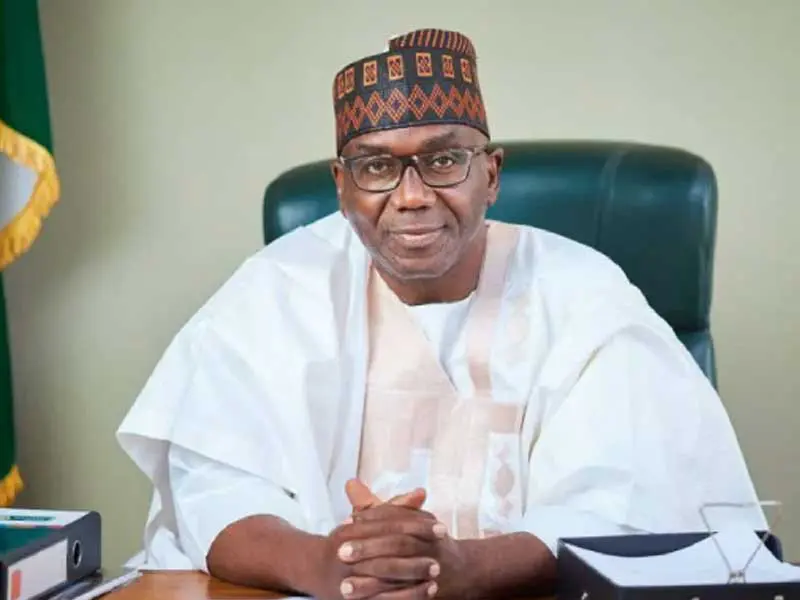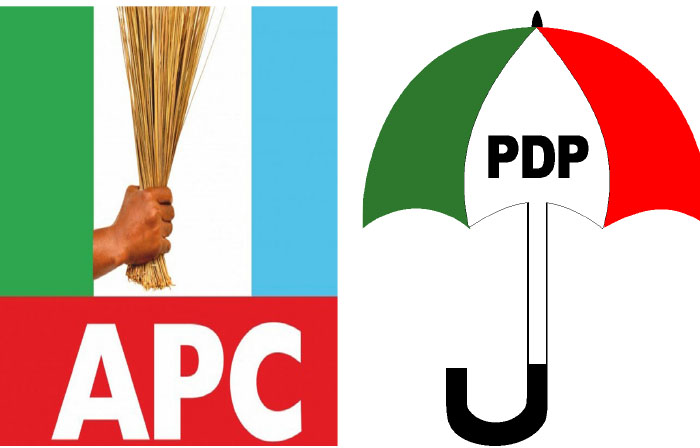In a significant pre-election intervention, Nigerian security forces arrested a man suspected of orchestrating voter bribery with 25.9 million naira (approximately $17,300) in cash hours before Saturday’s parliamentary by-elections in Kaduna State. The suspect, Shehu Aliyu Patangi, was detained around 3:30 a.m. local time at a hotel on Turunku Road during a joint operation by the Nigeria Police Force and the Department of State Services (DSS), the country’s domestic intelligence agency. Authorities allege the funds were intended to disrupt the electoral process by influencing voters.
Police spokesperson DSP Mansir Hassan confirmed preliminary investigations linked the money to plans of voter inducement. During questioning, Patangi reportedly admitted to the allegations and sought leniency. “The suspect’s confession aligns with our findings, and he has expressed remorse,” Hassan stated. Kaduna’s Commissioner of Police, Rabiu Muhammad, emphasized zero tolerance for electoral malpractice, warning that anyone attempting to subvert the process would face legal consequences. “We will not hesitate to apply the full force of the law against those undermining free and fair elections,” he declared.
The arrest comes amid heightened vigilance ahead of the by-elections, which will fill vacancies in the state’s legislative assembly. Authorities also raised alarms over potential violence, citing intelligence reports indicating plots by unnamed political figures to incite unrest. Security agencies urged candidates and their supporters to avoid acts of thuggery or intimidation, noting that patrols had been intensified to safeguard polling units.
Voter bribery remains a persistent challenge in Nigerian elections, despite reforms aimed at curbing malpractice. Analysts note that cash-for-votes schemes often escalate during tightly contested races, particularly in regions with patchy voter education. The collaboration between the police and DSS underscores efforts to bolster election integrity, a priority for national authorities following criticism of past electoral irregularities.
While the arrest highlights proactive enforcement, activists stress that systemic issues enabling vote buying—such as poverty and weak accountability mechanisms—require longer-term solutions. The case marks one of the largest cash seizures linked to electoral fraud in recent months, signaling authorities’ resolve to confront such practices as Nigeria prepares for broader elections in 2027.



